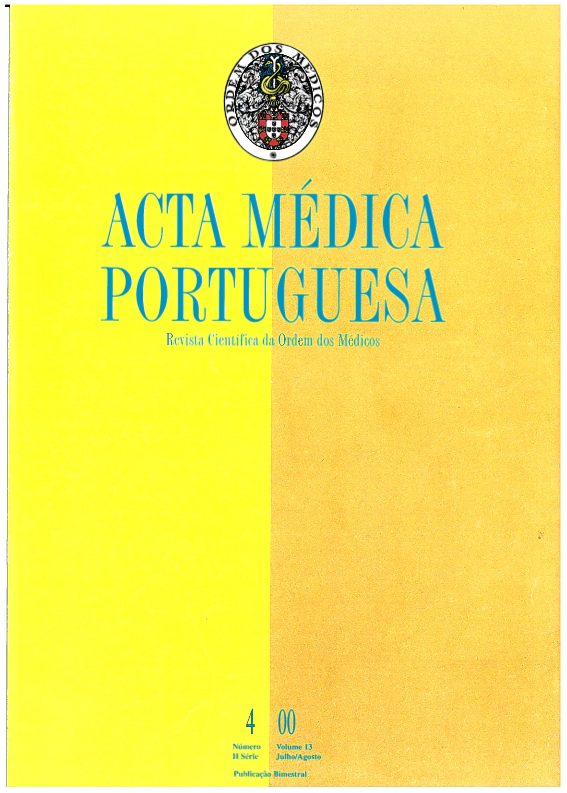Magnesium: physiological and clinical relevance. 1: homeostasis and alterations in the metabolism of magnesium.
DOI:
https://doi.org/10.20344/amp.1784Abstract
Magnesium is the second most abundant cation in intracellular fluid and is an essential electrolyte. It has several critically important roles in the body, namely as a cofactor in numerous enzyme systems, and is involved in phosphate transfer, muscle contractility and neuronal transmission. The physiologic role, homeostasis, causes and clinical manifestations of hypo and hypermagnesemia and their therapy are briefly reviewed. Magnesium treatment is emerging as an important adjunct in the management of a few conditions: prevention and control of seizures in eclampsia, cardiovascular diseases, diabetes mellitus, asthma and others.Downloads
Downloads
How to Cite
Issue
Section
License
All the articles published in the AMP are open access and comply with the requirements of funding agencies or academic institutions. The AMP is governed by the terms of the Creative Commons ‘Attribution – Non-Commercial Use - (CC-BY-NC)’ license, regarding the use by third parties.
It is the author’s responsibility to obtain approval for the reproduction of figures, tables, etc. from other publications.
Upon acceptance of an article for publication, the authors will be asked to complete the ICMJE “Copyright Liability and Copyright Sharing Statement “(http://www.actamedicaportuguesa.com/info/AMP-NormasPublicacao.pdf) and the “Declaration of Potential Conflicts of Interest” (http:// www.icmje.org/conflicts-of-interest). An e-mail will be sent to the corresponding author to acknowledge receipt of the manuscript.
After publication, the authors are authorised to make their articles available in repositories of their institutions of origin, as long as they always mention where they were published and according to the Creative Commons license.









